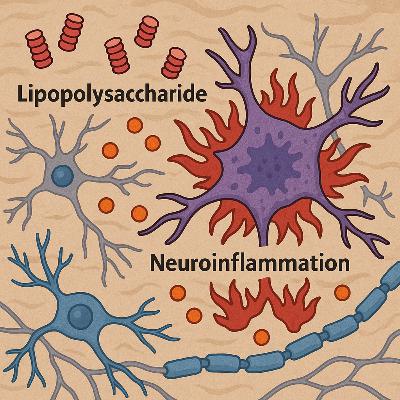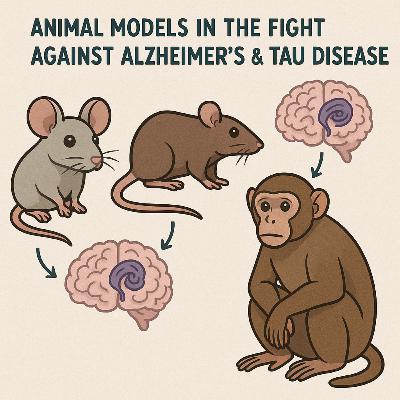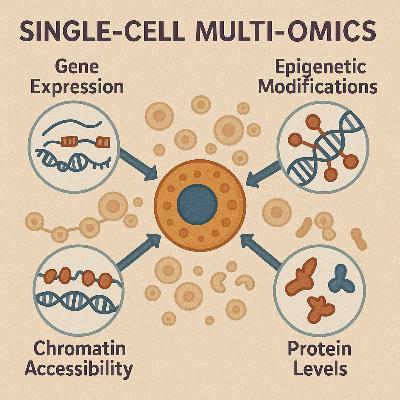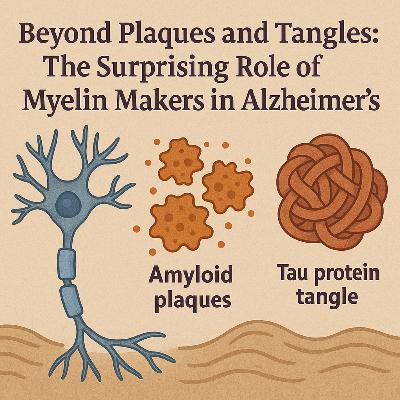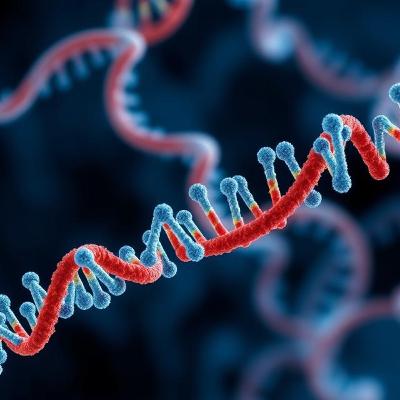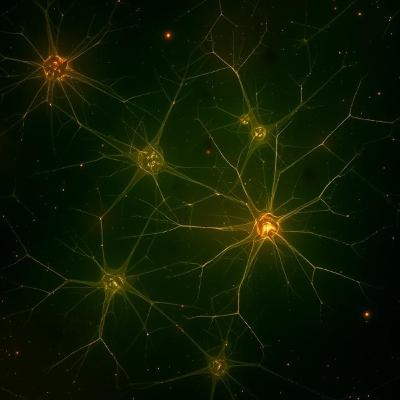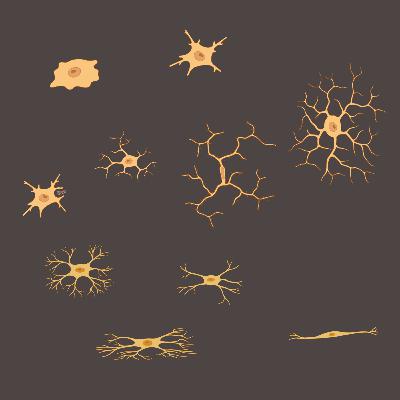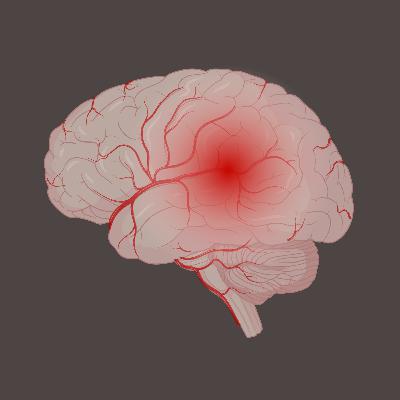Brain on Fire: Unpacking the Inflammatory Cascade in Neurodegenerative Disease
Description
Neuroinflammation represents a pivotal pathological mechanism intricately linked to the onset and progression of a spectrum of neurodegenerative disorders, including Alzheimer's disease (AD), Parkinson's disease (PD), frontotemporal dementia, and amyotrophic lateral sclerosis. This inflammatory response within the central nervous system (CNS) is not merely a consequence of neuronal damage but actively contributes to the degenerative cascade. The Lipopolysaccharide (LPS)-induced animal model has emerged as a widely adopted and indispensable tool for investigating neuroinflammation, effectively replicating the behavioral dysfunctions and cellular pathological mechanisms observed in these complex conditions. The model's capacity to mimic systemic inflammation, which is known to exert detrimental effects on the nervous system and cognitive functions, underscores its relevance in preclinical research.
The widespread adoption and continued significance of LPS models in neuroinflammation research are fundamentally driven by the increasingly established causal link between chronic inflammatory processes and the pathogenesis of neurodegenerative disorders. By experimentally inducing this inflammatory component with LPS, researchers can directly probe the mechanisms underlying disease development and rigorously evaluate potential therapeutic interventions. This capability positions the LPS model as a crucial bridge for understanding the intricate relationship between inflammation and neurodegeneration.
cc

